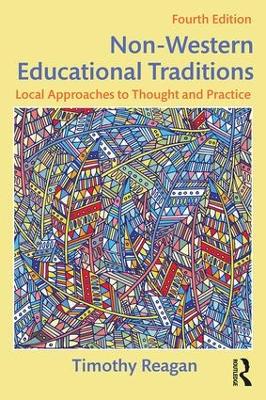Sociocultural, Political, and Historical Studies in Education
1 total work
Informative and mind-opening, this text uniquely provides a comprehensive overview of a range of non-western approaches to educational thought and practice. Its premise is that understanding the ways that other people educate their children—as well as what counts for them as "education"—may help readers to think more clearly about some of their own assumptions and values, and to become more open to alternative viewpoints about important educational matters. The approach is deliberately and profoundly pedagogical, based in the author’s own teaching practice. Designed to be used in pre-service and in-service teacher education courses where substantial critical discussion and debate are encouraged, the text is enhanced by Questions for Discussion and Reflection in each chapter.
Updates and Features of the Fourth Edition
• NEW! Chapter 2 exploring key features of the ‘western educational tradition’, and information about the contemporary educational systems in different countries
• NEW! Chapter 10 on traditional educational thought and practice in Oceania, with special focus on the Maori in New Zealand, the Hawai’ians, and the Australian Aboriginal peoples
• Updated chapter on Africa includes fuller explanation of the diversity within the indigenous African experience, as well as several contemporary cases of state education in Africa
• Updated Chapter 4 is designed to help non-Muslims to understand the Muslim educational heritage and the growing issue of Islamophobia
• Exploration of Chinese education now includes a special emphasis on the thought of Confucius, the role of the imperial examination system, and the impact of political and economic changes in the 20th century
• Updated analysis of contemporary educational practices in Hindu and Buddhist educational thought and practice and brief discussions of Jainism and Sikhism
